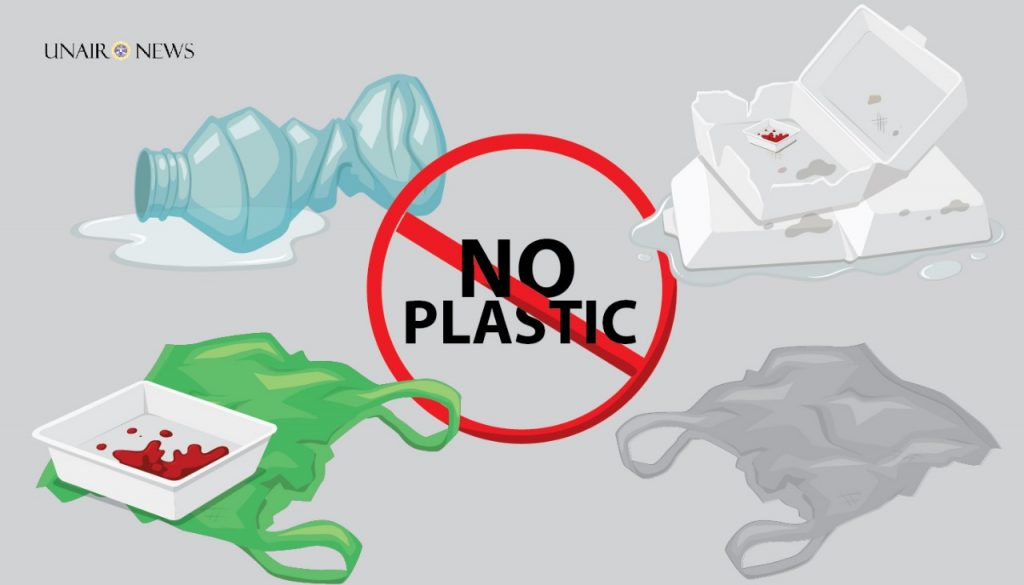UNAIR NEWS – Diabetes mellitus (DM) is a disease that often occurs in the community. Even though people have set a healthy lifestyle, the growth of diabetes mellitus is increasing from year to year. The reason can be due to the nature of degenerative diabetes mellitus, meaning it can be passed on from parents to children.
Besides, diabetes mellitus caused by unhealthy eating patterns and the use of food and beverage package of plastic materials. The higher the number of plastic use in the world, the higher diabetes mellitus rate in the community.
Plasticizer or dispersants are additives that increase the plasticity or decrease the viscosity of a material. If plasticizer enters the body, it will break down into methoxy acetic acid, which can cause defects. Later, it will change into microplastics that has been split into invisible tiny plastic pieces and dissolves in the water.
Prof. Win Darmanto, Drs., M.Si., Ph.D said 2-methoxyethanol (plasticizer) contained in plastic could increase the risk of diabetes mellitus. It will lead to disruption of the insulin production process that occurs in the body.
“Plasticizer will hamper the production of the hormone of insulin, and it will damage the pancreas and eventually leads to diabetes mellitus,” he said.
All ingredients that contain plasticizers have different levels between each other. Some ways can reduce the use of plastic, which harms the environment. Furthermore, by recycling and burning plastic waste with high pressure. The results of high-pressure combustion will produce low carbon levels and can also be used as an energy source.

Moreover, using certain types of fungi must be monitored. The most suitable kind of fungus in preventing and reducing diabetes mellitus is Ganoderma.
Besides being able to reduce the rate of diabetes mellitus, Prof. Win said it could also help reduce the birth rate of babies with normal condition. 2-methoxyethanol has been tested in mice, and the results can increase blood glucose and nitrate levels. Thus, it is recommended for pregnant women to reduce the use of materials containing plastic.
“Teratology is the study of toxic effects on malformations or defects in the embryo. “Pregnant women become one of the risk factors for plasticizer exposure. Hopefully, this research will educate pregnant women about the dangers of using plastic for the fetus,” Prof. Win added.
Reporter: Faisal Dika Utama
Editor : Khefti Al Mawalia
Refrence: W. Darmanto, J. A. Claudia, B. A. Turnip, S. P. A. Wahyuningsih, S. A. Husen, N. S. Aminah, and E. S. Sajidah. 2008. Toxicity effects of 2-methoxyethanol on the nitrite level Balb / C in the tissue of diabetes in mice (Mus musculus). AIP Conference Proceedings, Volume 2023.





